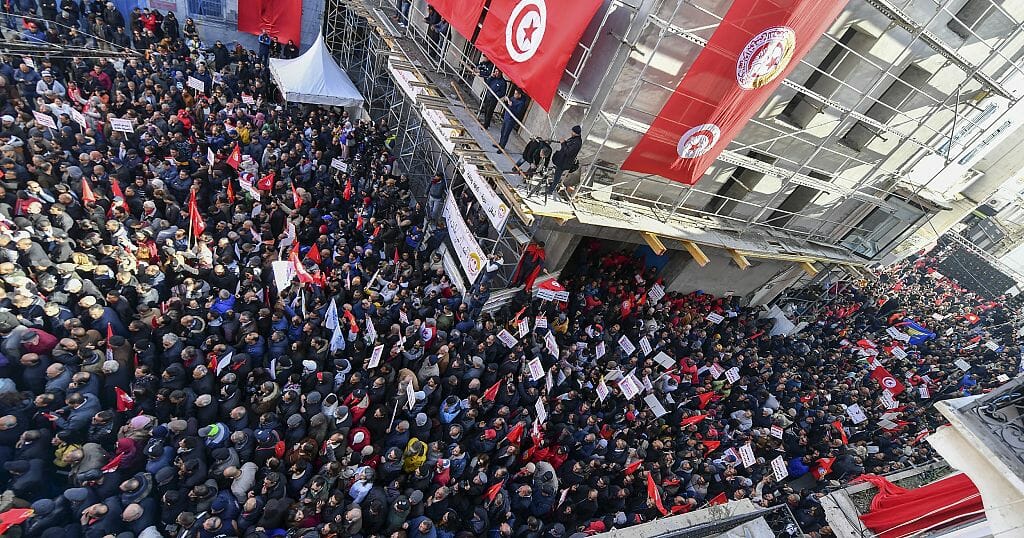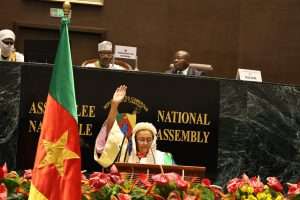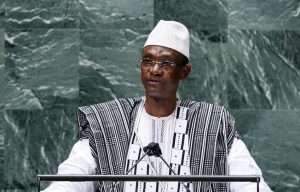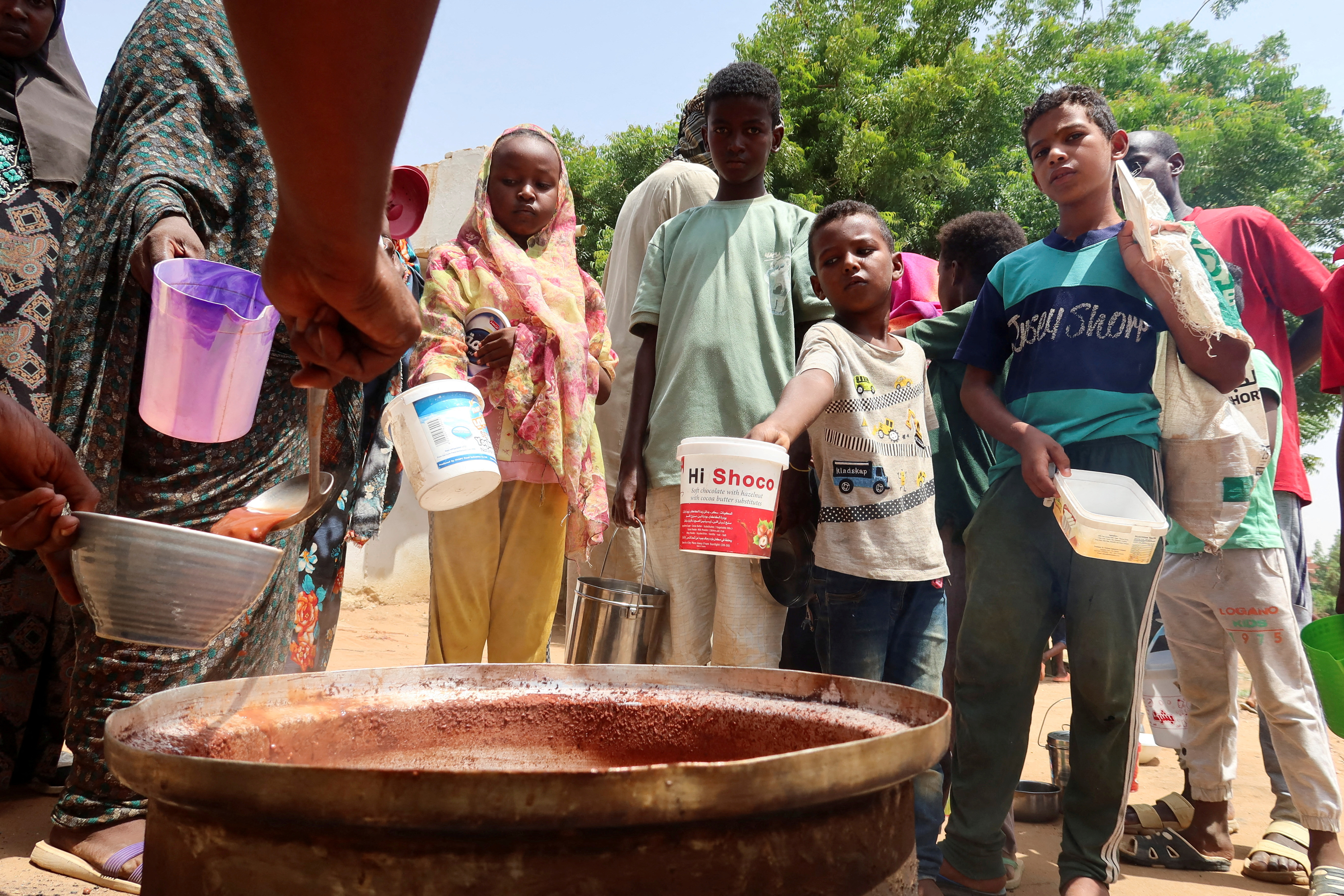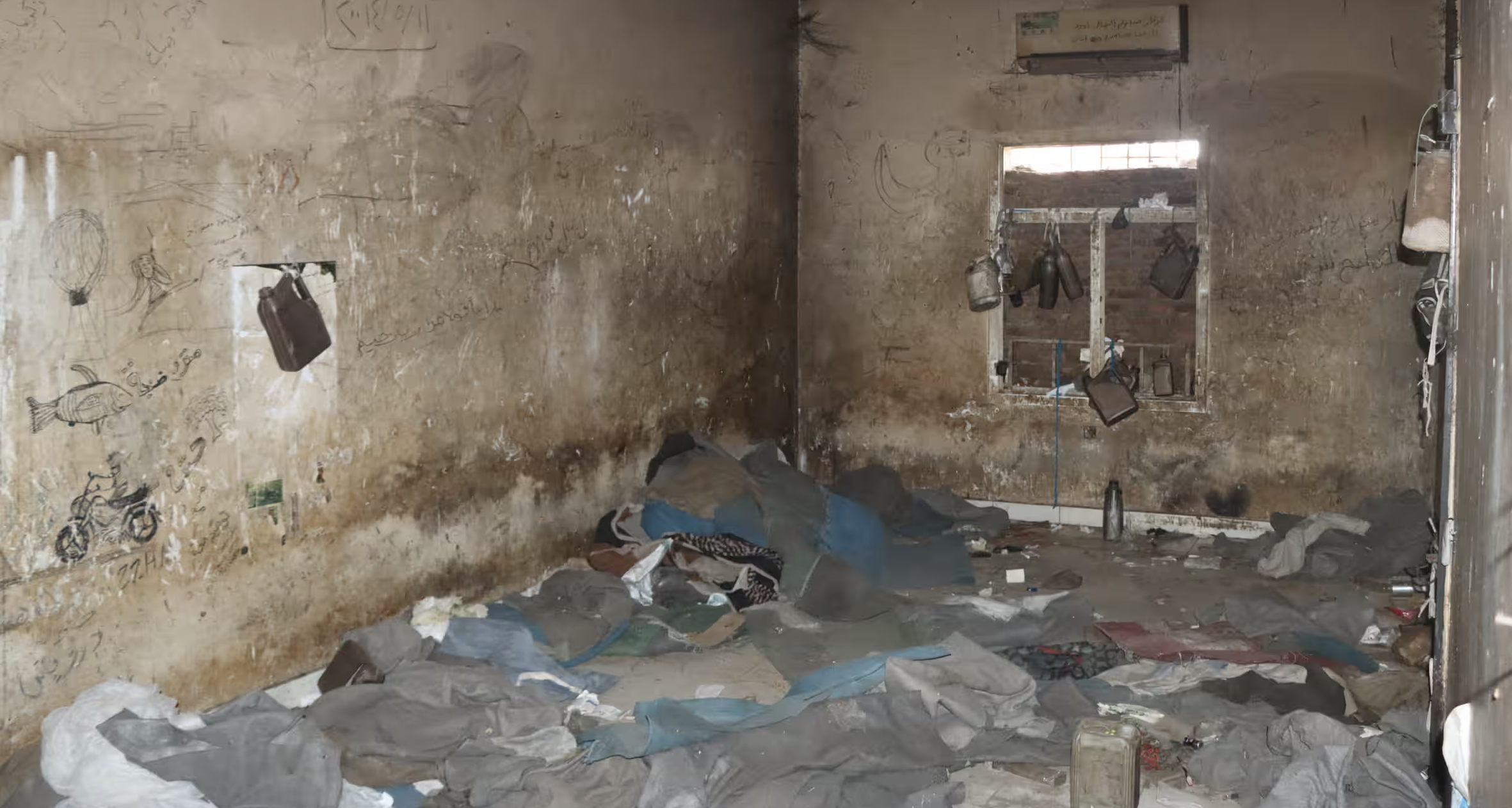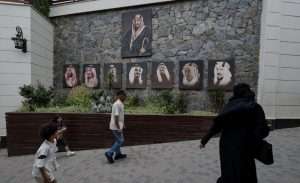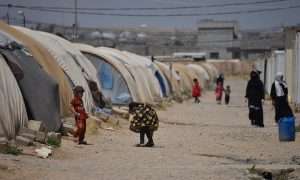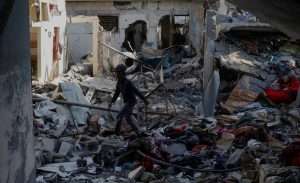Currency upheaval in Sudan draws criticism from civilians and RSF
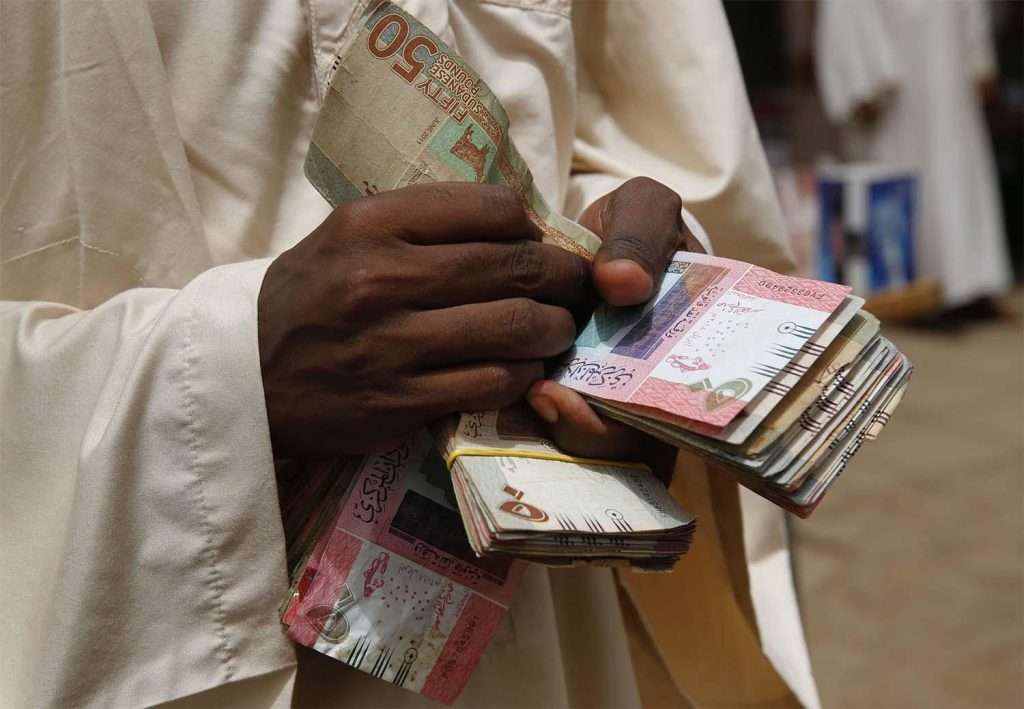
The army backed government has moved to introduce new bank notes in a venture to boost Sudan’s currency, despite criticism from protestors in Sudan, as well as from the RSF, Reuters reported on January 10th.
Sudan has a predominantly unbanked population, and this change aims to support the army’s war effort by boosting bank deposits, says finance minister Jibril Ibrahim.
This initiative, which was announced in December of last year also aimed to devalue funds looted by Rapid Support Forces. Government officials hope that people will be compelled to open bank accounts and develop Sudan’s banking system. However, many lack identification papers and smart phones that would make online transfers possible.
Also, unlike in past currency exchanges, in order to receive new pound notes people have to deposit their old notes.
The RSF, has rallied against this move, branding it illegal and a conspiracy to divide the country. Civilians in Port Sudan have also protested that this change has made savings worthless in RSF controlled areas. Following civilian protests, government authorities even extended the deadline to exchange currencies to January 6th.
The ongoing conflict between the military government and the RSF has devastated Sudan’s currency and economy, with the value of the Sudanese pound plummeting from 500 to 1 USD in April 2023 to 2,500 to 1 USD now. This news comes as another hit to a country ravaged by famine and disease outbreak.
The government has also faced challenges in paying salaries, as well as purchasing essential goods such as food and medicine.
Yet despite opposition, Ibrahim maintains that preventing ‘stolen money’ from incurring any value has been a success.
Sudan’s government continues to push the narrative that the currency change aims to “protect the national economy and combat criminal operations.” However, many Sudanese people view this as an extra burden on the increasingly impoverished and war-torn population.
Reuters
Want to chase the pulse of North Africa?
Subscribe to receive our FREE weekly PDF magazine





